Egypt has long been home to the Arab world’s golden screen – the Hollywood of the Middle East. Since the first feature-length film in 1927, Egypt’s cinematic commentary has tackled social, political, and cultural issues.
A special setlist of those films left an impact so profound that they helped influence amendments in the law.
GA’ALUNI MUGRIMAN (THEY MADE A CRIMINAL OUT OF ME, 1955)
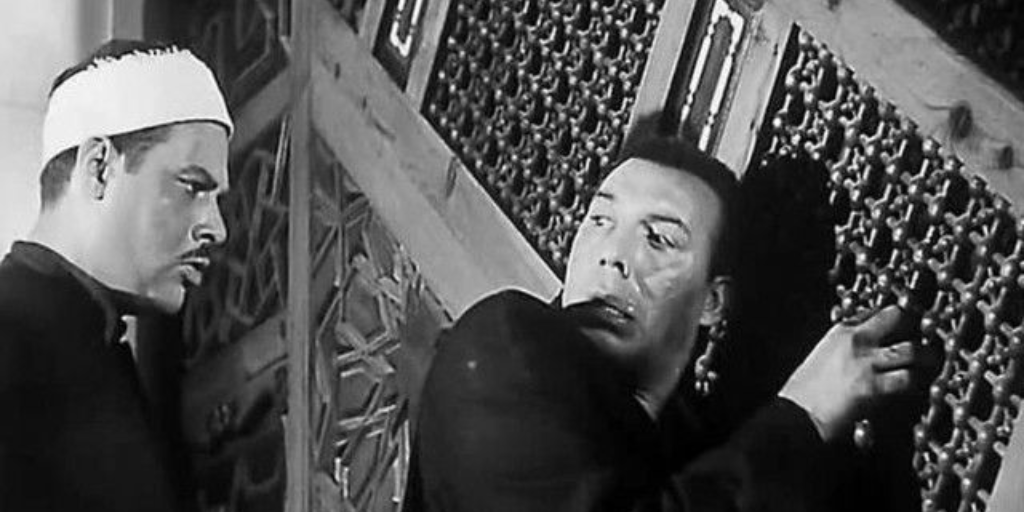
Starring Farid Shawqi and Huda Sultan, and written by Nobel Prize literate Naguib Mahfouz, this gut-wrenching cinematic commentary on homeless children’s living conditions and juvenile behaviors had a profound effect on viewers.
Shawqi plays the role of Sultan, a juvenile who loses his father before succumbing to neglect from his uncle. The result is that Sultan joins a street gang of youths who steal, ultimately leading to his arrest and sentencing to a juvenile detention center. Upon his release, Sultan matures into a reformed man who hopes to land a decent job, only to get rejected at each attempt due to his criminal record.
Following its theatrical reception, the law was amended to ensure that a person’s first minor offense would not be included in their criminal record.
KELMET SHARAF (A WORD OF HONOR, 1972)
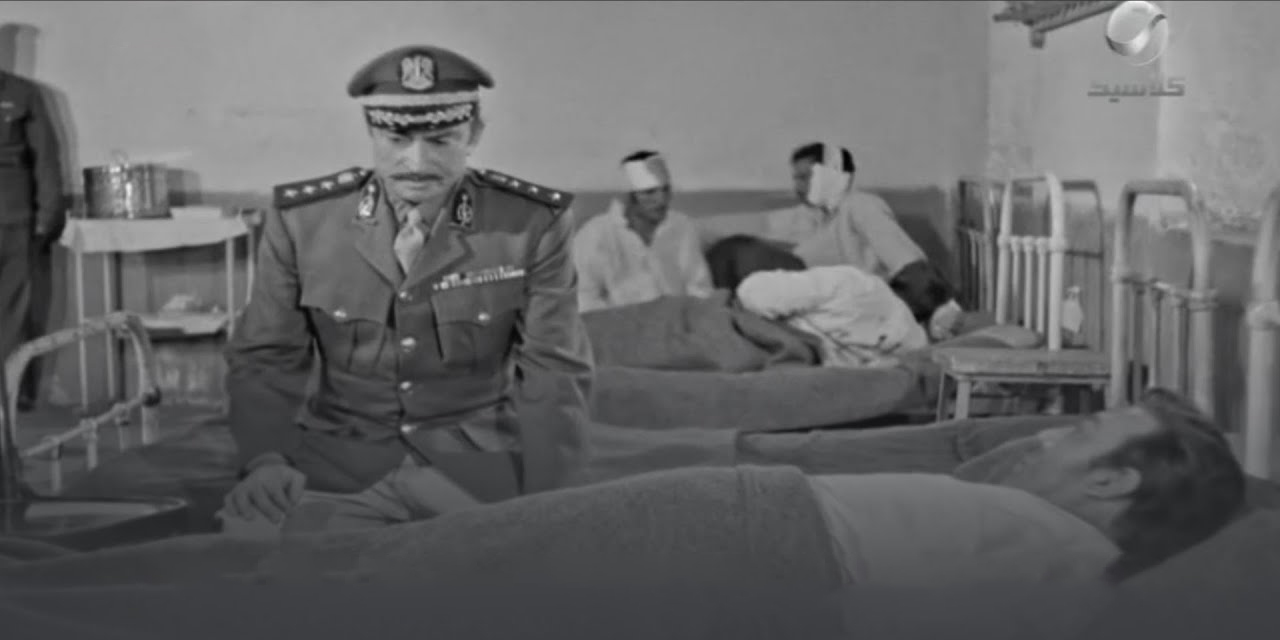
In what would be Shawqi’s second time to indirectly influence the law through cinema, Kelmet Sharaf helped highlight the importance of prisoners’ rights, particularly in having visitations.
The film’s story follows a husband falsely accused of statutory rape, a felony that was actually committed by his brother-in-law. After the trial, the husband is unjustly imprisoned. He attempts to escape several times to tell his wife the truth, but fails every time. With every escape attempt, his penalties are increased and his years in prison lengthened.
As a result, Egyptian law was amended to allow for further visitations and excuse prisoners to leave for 48 hours to visit family under exceptional circumstances. (i.e. death, legal matter, etc)
OREEDO HALLAN (I WANT A SOLUTION, 1975)
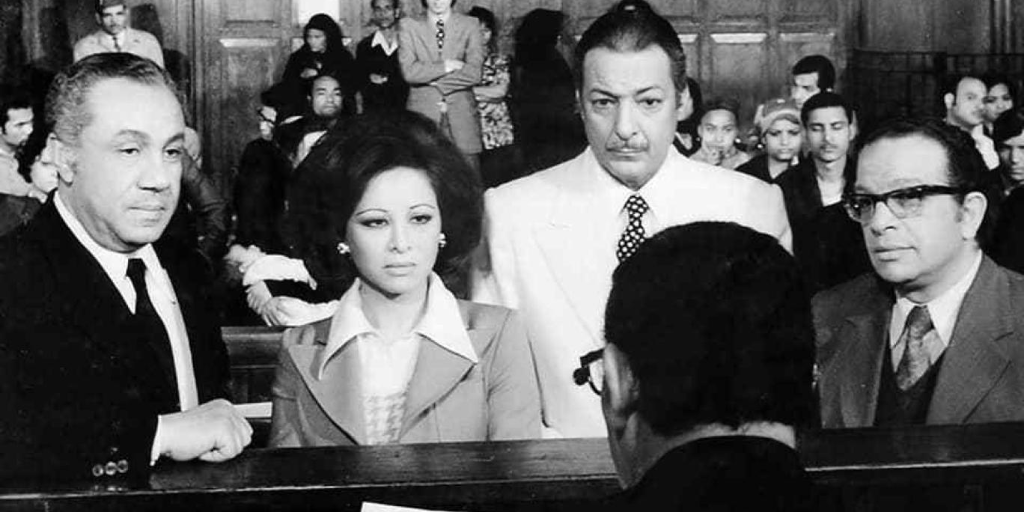
Starring and co-written by Egypt’s cinematic darling, Faten Hamama, Oreedo Hallan fights for women’s rights through film, specifically divorce rights.
Loosely based on a true story, the film chronicles Doria, an Egyptian wife, and her increasingly difficult marriage life—leading to her want for divorce. Medhat, played by the charismatic Roshdy Abaza, is Doria’s husband and a former diplomat, later abusing and cheating on Doria.
Constitutionally, the husband is the sole decider in divorces under Egypt’s marriage law – and can bluntly refuse divorce. Instead, Doria is forced to seek a solution through Egyptian courts, falling into a seemingly endless maze of legal procedures.
Legally, the film was an artistic challenge to Egypt’s patriarchal marriage law, inspiring it to amend in favor of women’s rights in 1979.
SPECIAL SHOUT: FATEN AMAL HARBY (2022)
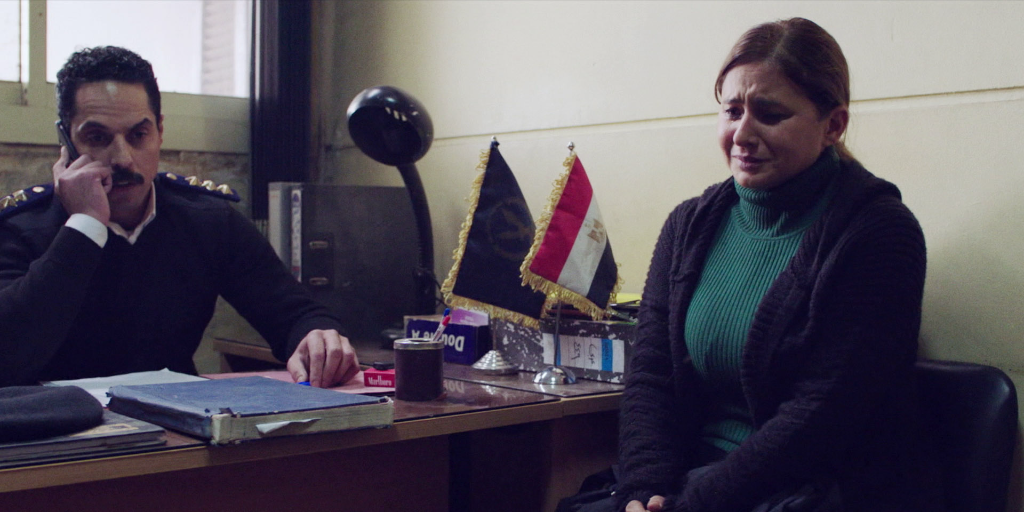
While not a film, Faten Amal Harby was one of Egypt’s top Ramadan shows in 2022, tackling modern-day divorce struggles for Egyptian women.
Faten Amal Harby is the main character of the eponymous series, as viewers watch her struggle and fight through Egypt’s restrictive Personal Status Laws. Faten, played by veteran actress Nelly Karim, hopes to gain custody of her two children over her abusive husband.
Faten’s struggles resonated with viewers, primarily due to its realistic depiction of post-divorce struggles for women in Egypt, as Oreedo Hallan had done 47 years before. The show’s impact was felt by the government, eventually inspiring President Abdel Fattah Al-Sisi to direct legislators to amend Egypt’s personal status laws.
Subscribe to the Egyptian Streets’ weekly newsletter! Catch up on the latest news, arts & culture headlines, exclusive features and more stories that matter, delivered straight to your inbox by clicking here.
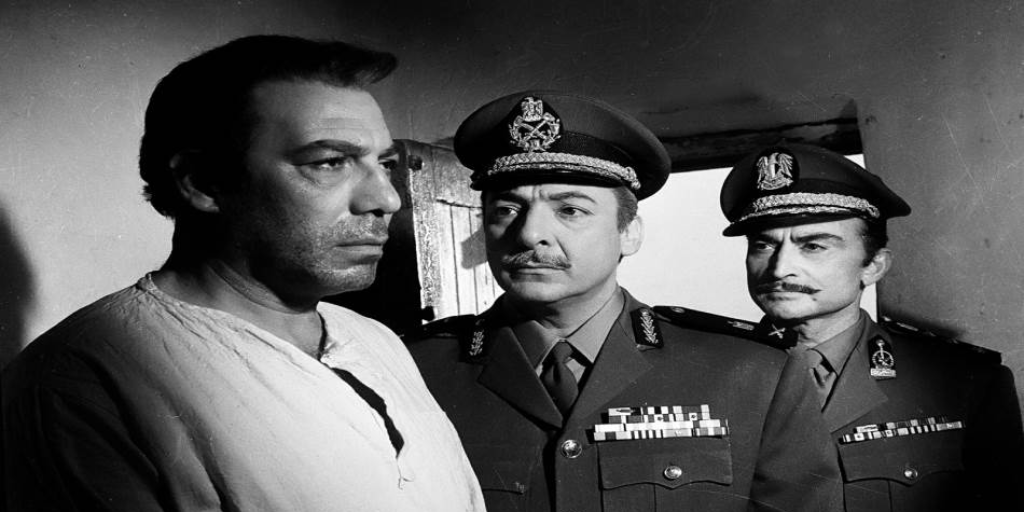






Comments (0)